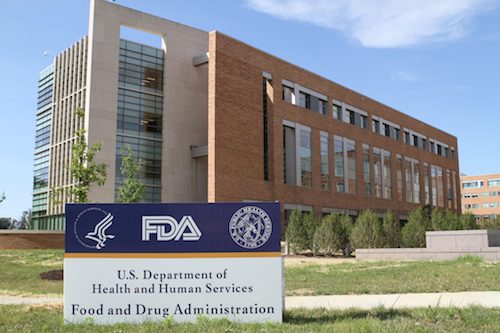
With the Delta variant of SARS-CoV-2 (B.1.617.2) gaining the upper hand across both the US and Europe, drug regulators have been looking at the data around booster shots.
The FDA has amended its emergency use authorisations for both approved mRNA vaccines – Pfizer/BioNTech’s Comirnaty and Moderna’s Spikevax – for use as a booster/third jab for “certain immunocompromised individuals”.
The FDA defines this group as “solid organ transplant recipients or those who are diagnosed with conditions that are considered to have an equivalent level of immunocompromise”.
“The country has entered yet another wave of the COVID-19 pandemic, and the FDA is especially cognizant that immunocompromised people are particularly at risk for severe disease,” said Acting FDA Commissioner Janet Woodcock. “Today’s action allows doctors to boost immunity in certain immunocompromised individuals who need extra protection from COVID-19.”
The FDA was keen to stress that other individuals, who are fully vaccinated, are “adequately protected” and do not need an additional dose of COVID-19 vaccine at this time. However, it is “actively engaged in a science-based, rigorous process” with federal partners about whether an additional dose may be needed in the future for other groups.
The agency recommended that eligible patients be encouraged to “maintain physical precautions” to help prevent COVID-19 and that they discuss monoclonal antibody treatment options with their healthcare provider if they contract or are exposed to the disease.
Moderna has recently published data showing that “neutralizing antibodies” against both the original strain of SARS-CoV-2 and multiple variants of concern were maintained in those who had been double jabbed after six months. Although a “trend towards lower antibody levels” was seen in older people, the differences were small and many people in the oldest group “retained neutralising activity” against the variants six months after the second vaccine dose.
The Centers for Disease Control recently announced that the Delta variant was the predominant strain of the virus in the country.
On the other side of the Atlantic, the EMA is still mulling over the possibility of booster jabs in light of estimates that the Delta variant will represent 90% of all SARS-CoV-2 viruses in the EU by the end of August.
In response, the EMA is encouraging countries to speed up vaccination programmes to close immunity gaps but is not recommending booster shots. “It is currently too early to confirm if and when a booster dose for COVID-19 vaccines will be needed, because there is not yet enough data from vaccination campaigns and ongoing studies to understand how long protection from the vaccines will last, also considering the spread of variants,” said the Agency.
However, it is working with the ECDC – the European Centre for Disease Prevention and Control – and national immunisation technical advisory groups on the issue and any new evidence that becomes available will be “rapidly reviewed”.
On reflection, however, the regulators may be out of step with the situation on the ground, as the CDC estimates that more than a million Americans have already had an unauthorised third jab and several countries, including France and Germany, are offering boosters to vulnerable populations.




